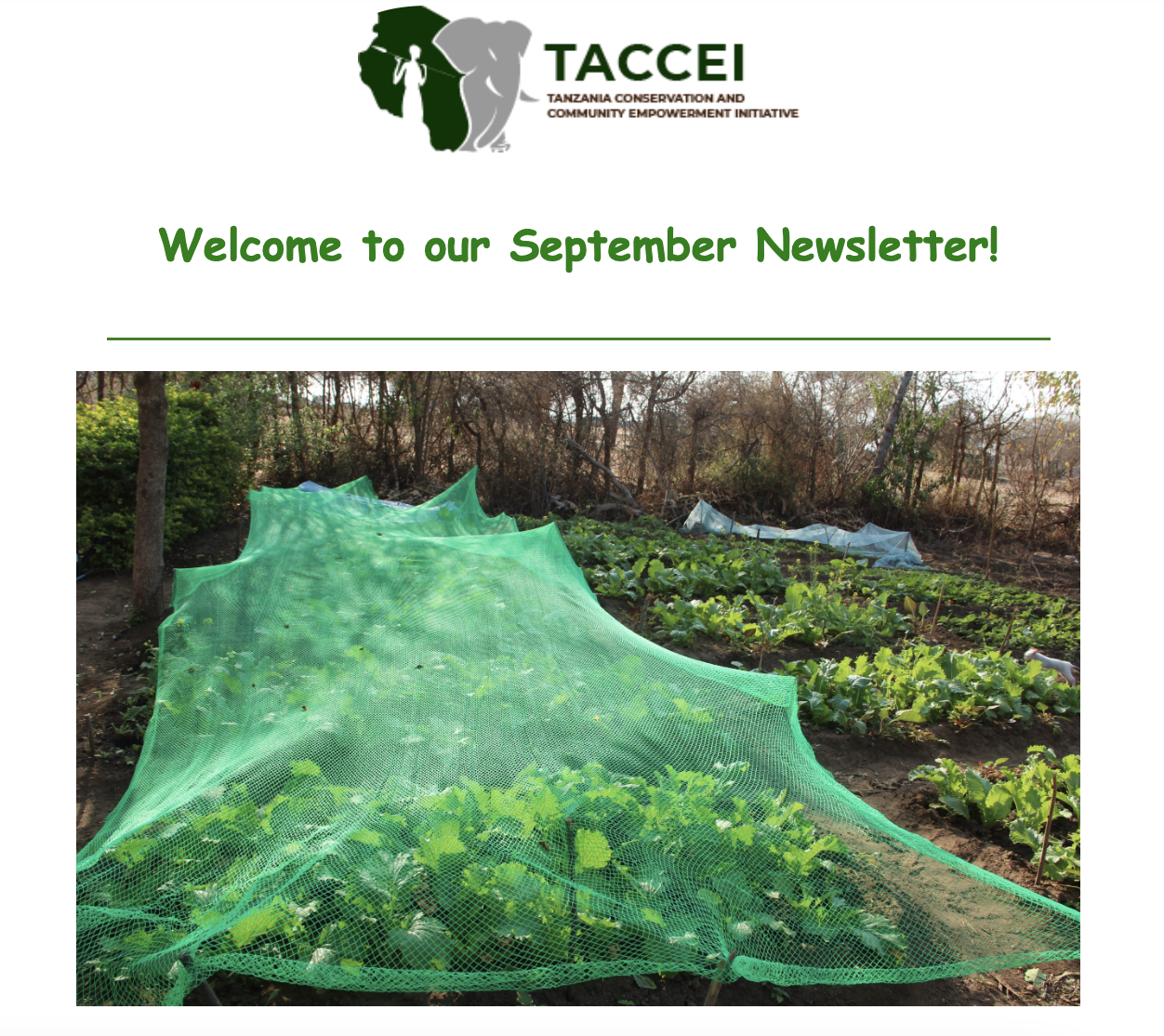
Dear Supporter,
We’re extremely excited to share with you our September newsletter with the updates on what we have achieved throughout the month!
How homestead gardens are changing lives, conserve biodiversity and fight climate change among the Maasai Women in rural Tanzania!
In Northern Tanzania, pastoralist women are the main victims of man-driven climate change. Rangeland degradation which affect 60% of Northern Tanzania, has dramatically increased household insecurity for hundreds of thousands of pastoralists, nonetheless, pastoralism is the only livelihood thriving in these wildlife-rich communal lands.
In the Simanjiro district, longer and more severe droughts means that the dwindling numbers of livestock on which women and the entire community depend have to be moved more frequently to other areas for pasture. As a results, women are left behind to ensure school-age children receive an education. This leaves women with no reliable source of income, forcing them to try and make money by selling firewood, charcoal and tree-made building posts for income. The knock-on effect for many of their children is that they grow up in poverty and are malnourished, with 34% of children under five in the county now stunted, while 5 percent suffer from acute malnutrition.

“Climate change has affected me because I can’t get enough water for my livestock,” says Neema Zakayo, a Masai woman from the village of Terrat. “This forces our remained cattle to move due to lack of pasture, leaving me with no milk making me and my children . I have to consume black tea and get no income from milk sales.”
Tanzania Conservation and Community Empowerment Initiative (TACCEI), a people-driven nonprofit organization dedicated to nature conservation and community empowerment is working to change the story by placing local communities at the front-line of addressing climate change through their day-to-day socio-economic activities.
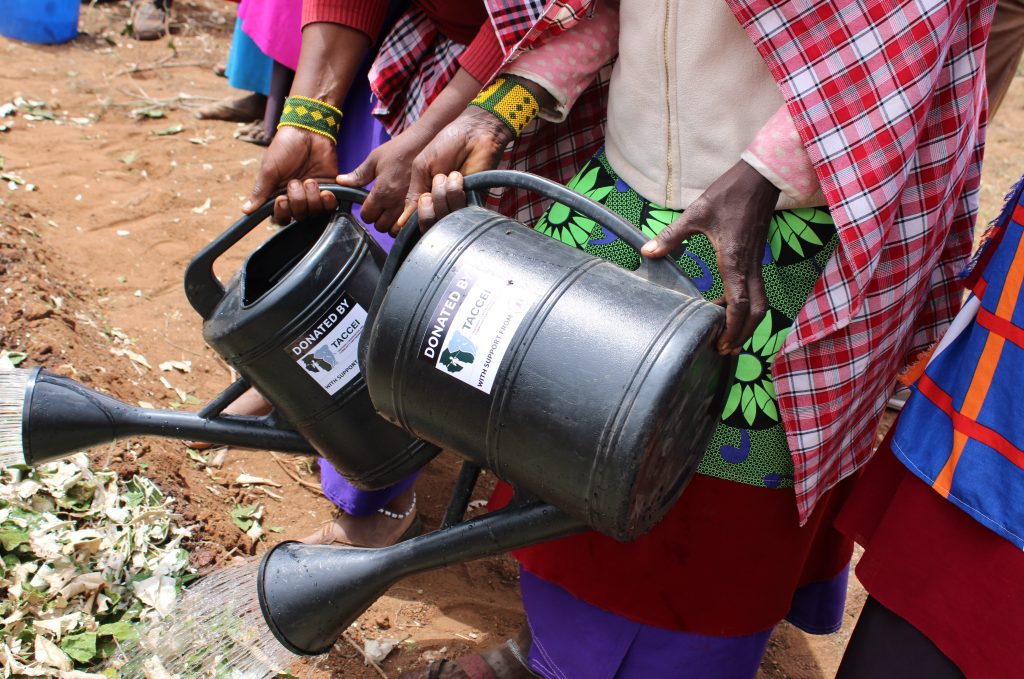
From the start of the project, the organization has focused on creating an initiative that supports sustainable farming in the future. Through consultation with ECHO East Africa, nearly 100 Maasai women from Terrat, Loswaki, Emboreet, Engonongoi villages in the Simanjiro district were trained more about resilience, being climate smart and new practices such as conservation agriculture after which they were provided with gardening equipment and vegetables seeds. For the last three months, these villages have been centers for food security helping local people learn how to diversify by growing vegetables and fruits – all while conserving natural resources including soil, water, land, landscape, and land cover.
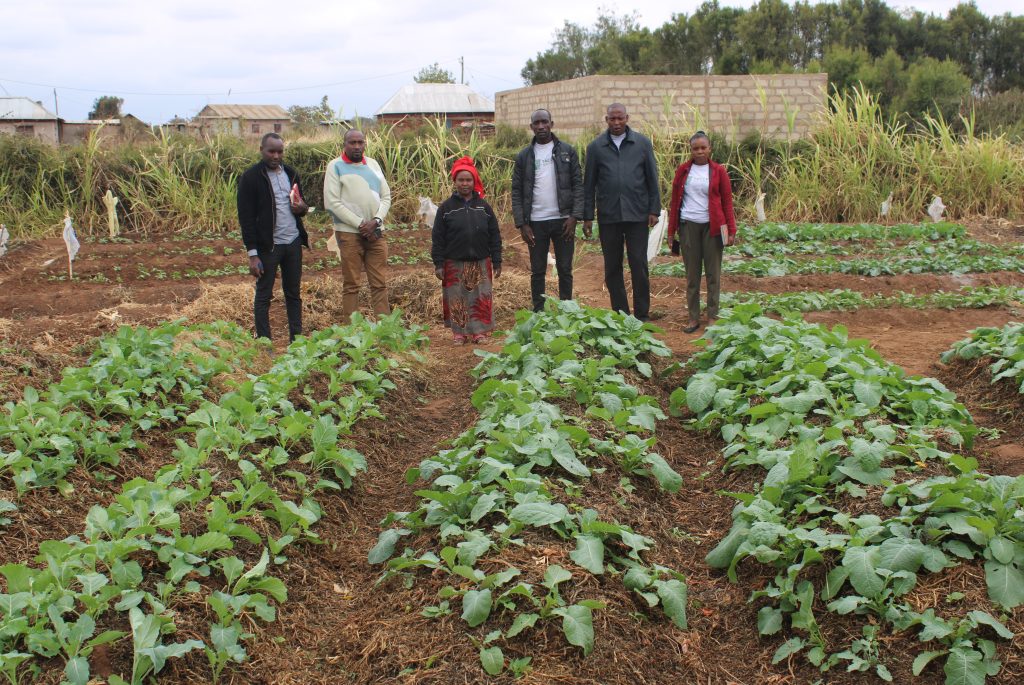
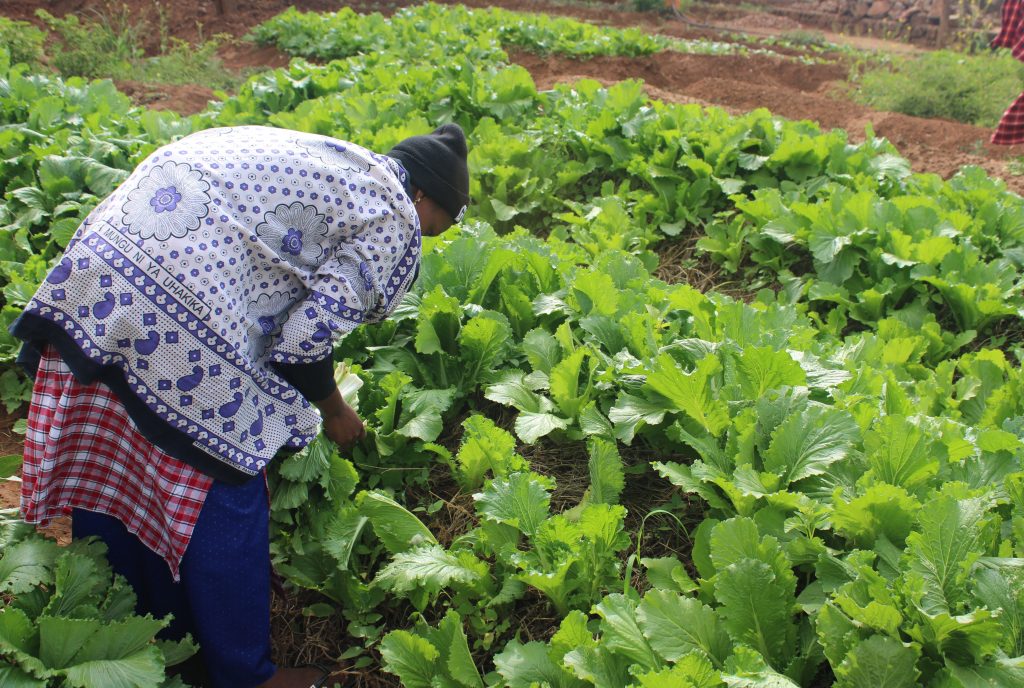
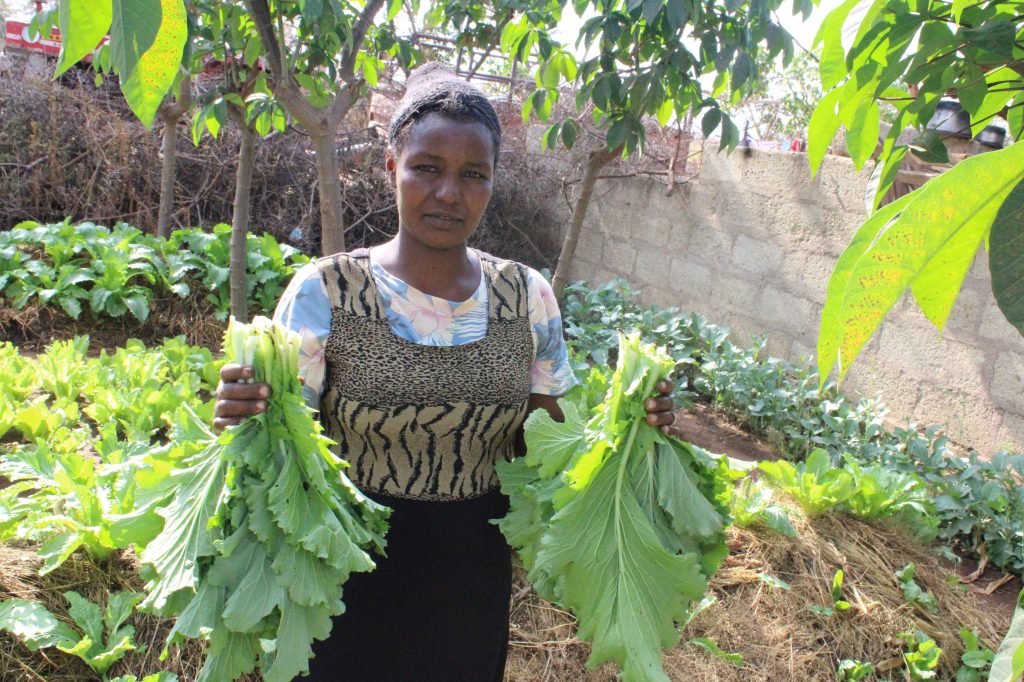
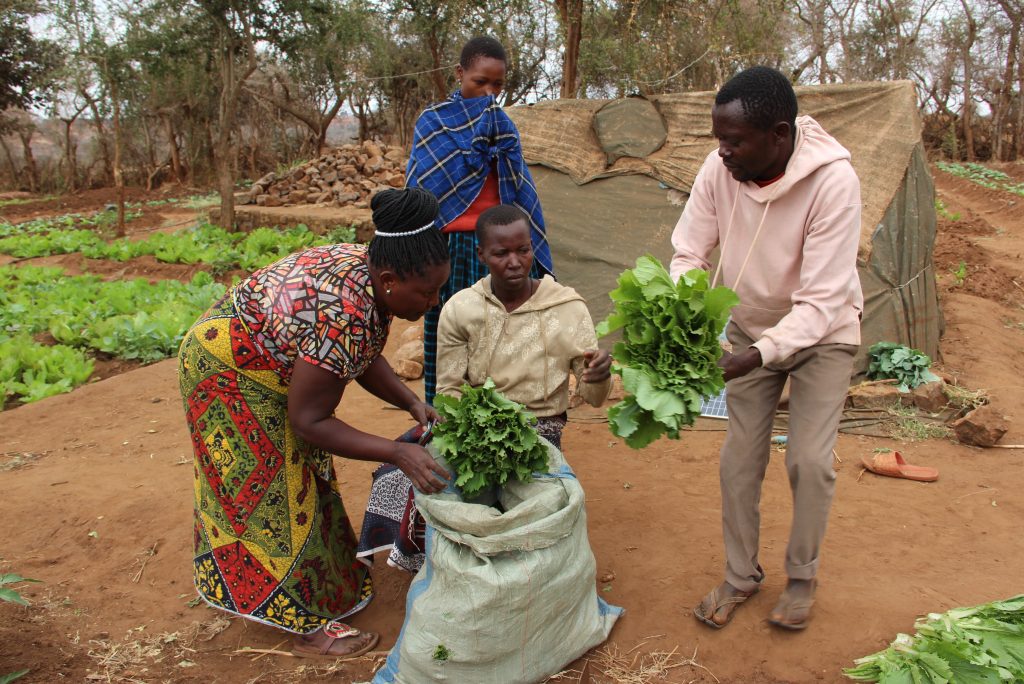
Over 200 households have engaged with the project, which equates to around 1,000 impacted people based on extrapolating for five members per household. Nutrition has already improved as a result, and the expectation is that the level of malnutrition will reduce over time.
Other benefits of the intervention are wide ranging. It mobilizes local women (who are the caregivers in the community) into learning groups and provides them with key knowledge and skills. In addition, it provides their households with food and nutrition security and a greater sense of economic empowerment. This contributes to women playing a greater role in decision making – in what remains a largely patriarchal society – while building their confidence through training creates new climate leaders that are willing to improve and drive future climate adaptation responses.
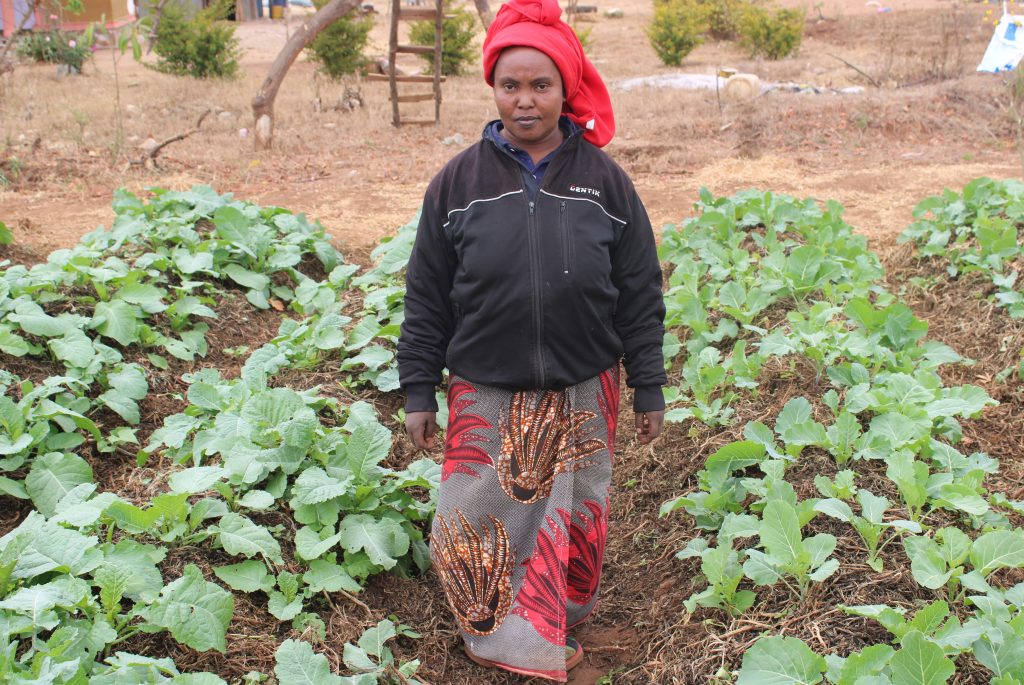
According to the (2022 IPCC Report), afforestation projects play an important tole in the increase of carbon sink capacity of our planet . However, the success of these projects undoubtedly relies on cooperation and inclusive decision making with local communities. At TACCEI, we believe that by combining environmental education with tree-planting, the communities and schools we’re working develop a sense of ownership, thereby ensuring the protection of the trees and hence long-term impact.
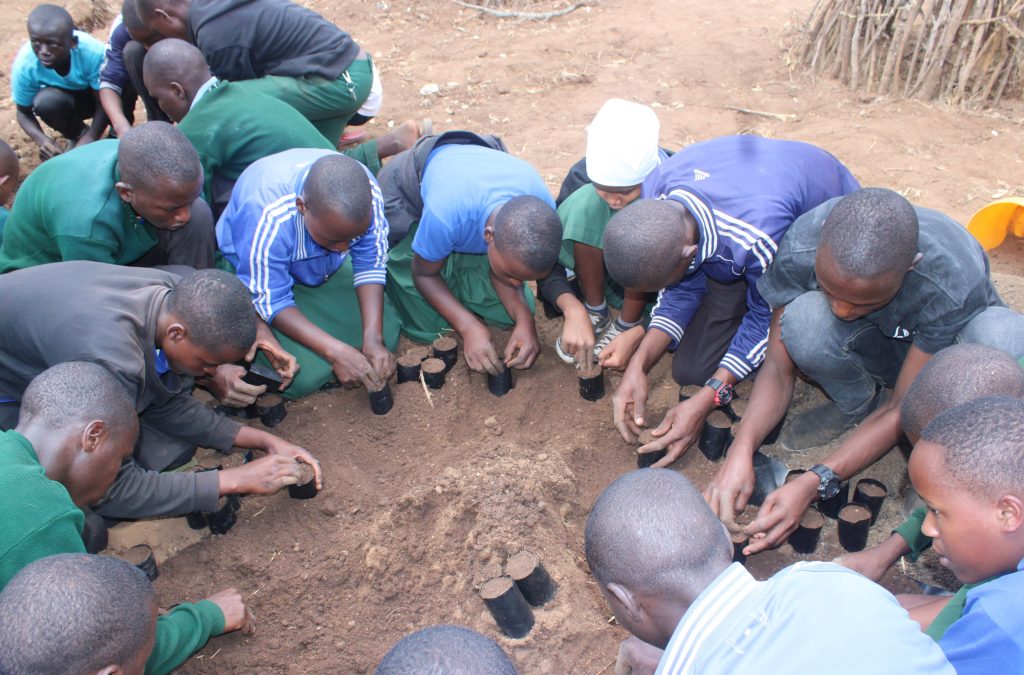
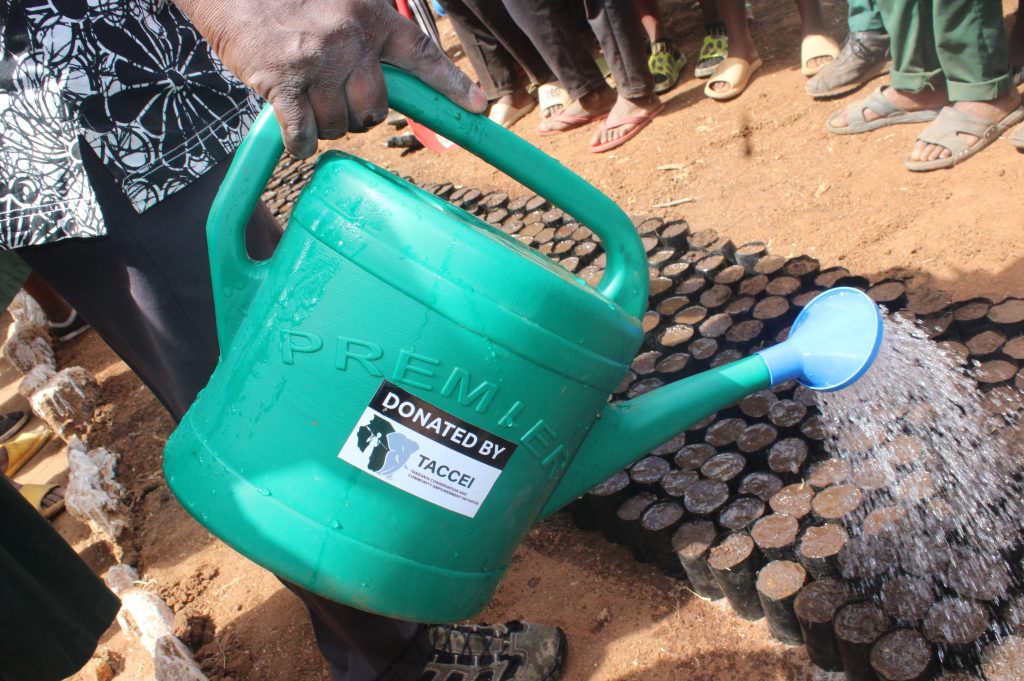
With funding from Wilde Ganzen and Global Exploration, we’re implementing a one year Fighting Climate Change through Tree Planting and Environmental Education (FCCTPEE) project for twenty schools in the Maasai districts of Simanjiro and Longido in northern Tanzania. Through this project, we’re on the road to plant nearly 30,000 native tree species in and around school compounds, along water sources and in public areas. In collaboration with the Simanjiro district council, we planted more than 500 fruit and shade tree species in the Simanjiro Headquarters public grounds.
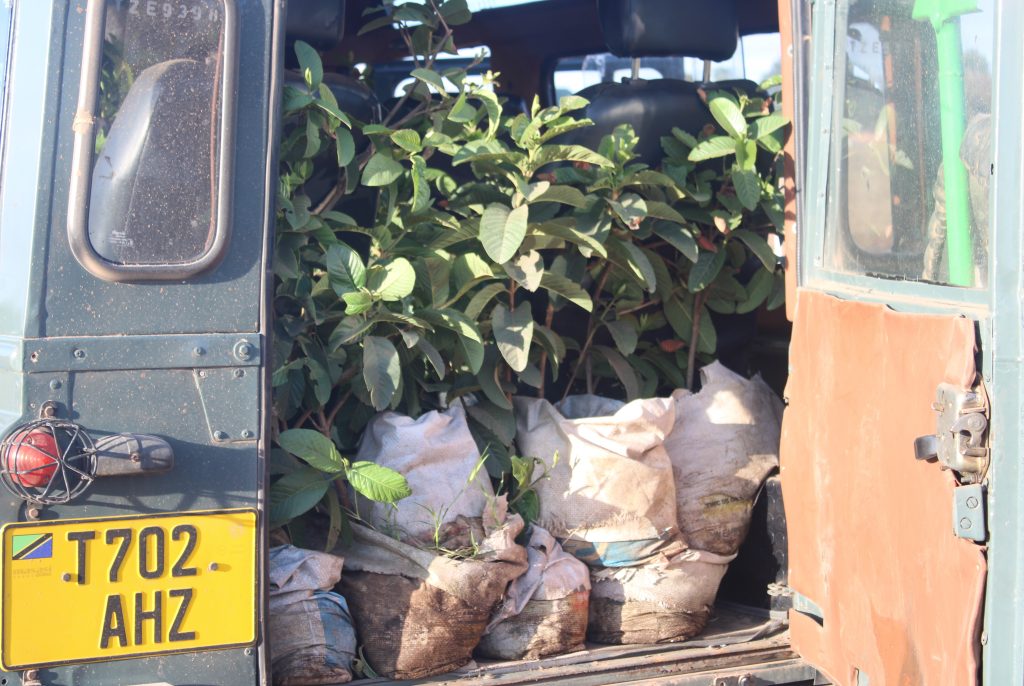
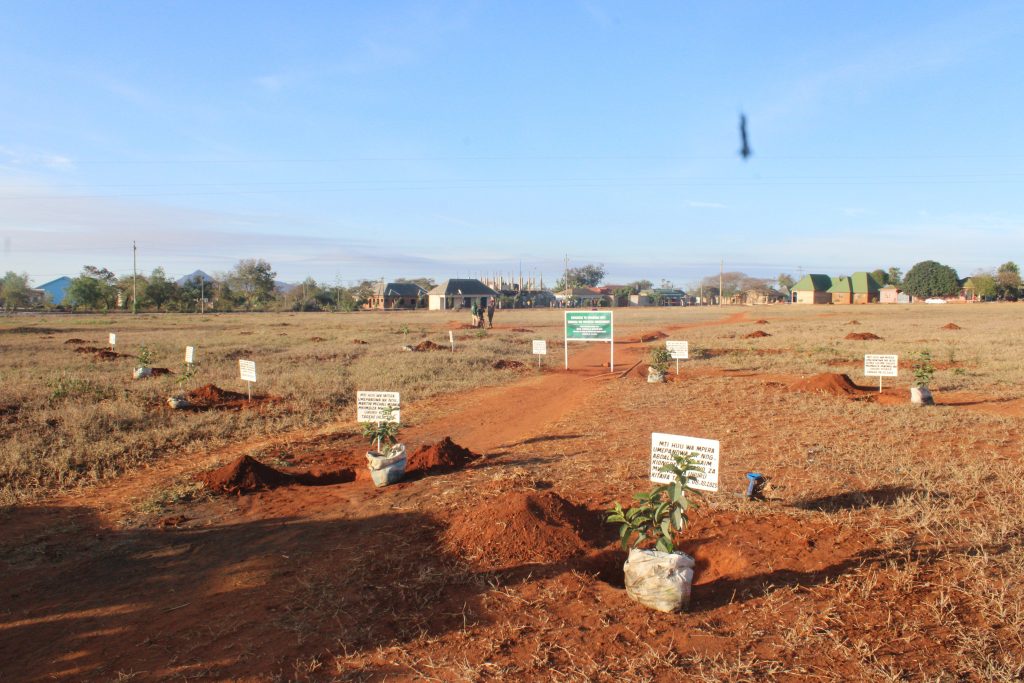
In Tanzania, many people depend on forests and trees to meet various needs. With growing populations, these resources are being rapidly depleted. In Simanjiro and Longido, many people want to plant trees but cannot readily obtain high-quality tree seedlings. Whenever we drive from the city of Arusha with our tree seedlings-loaded vehicle, along the way, everyone would stop us and ask for seedlings to plant at their homestead. Establishing a tree nursery can help to meet this demand.
The tree seedlings raised in these nurseries will be distributed to all the beneficiary schools as well as to the community. In each nursery, the water storage has been installed to ensure availability of water throughout.
Prior to the establishment of our tree nurseries, students and teachers were trained on general management of the nursery.
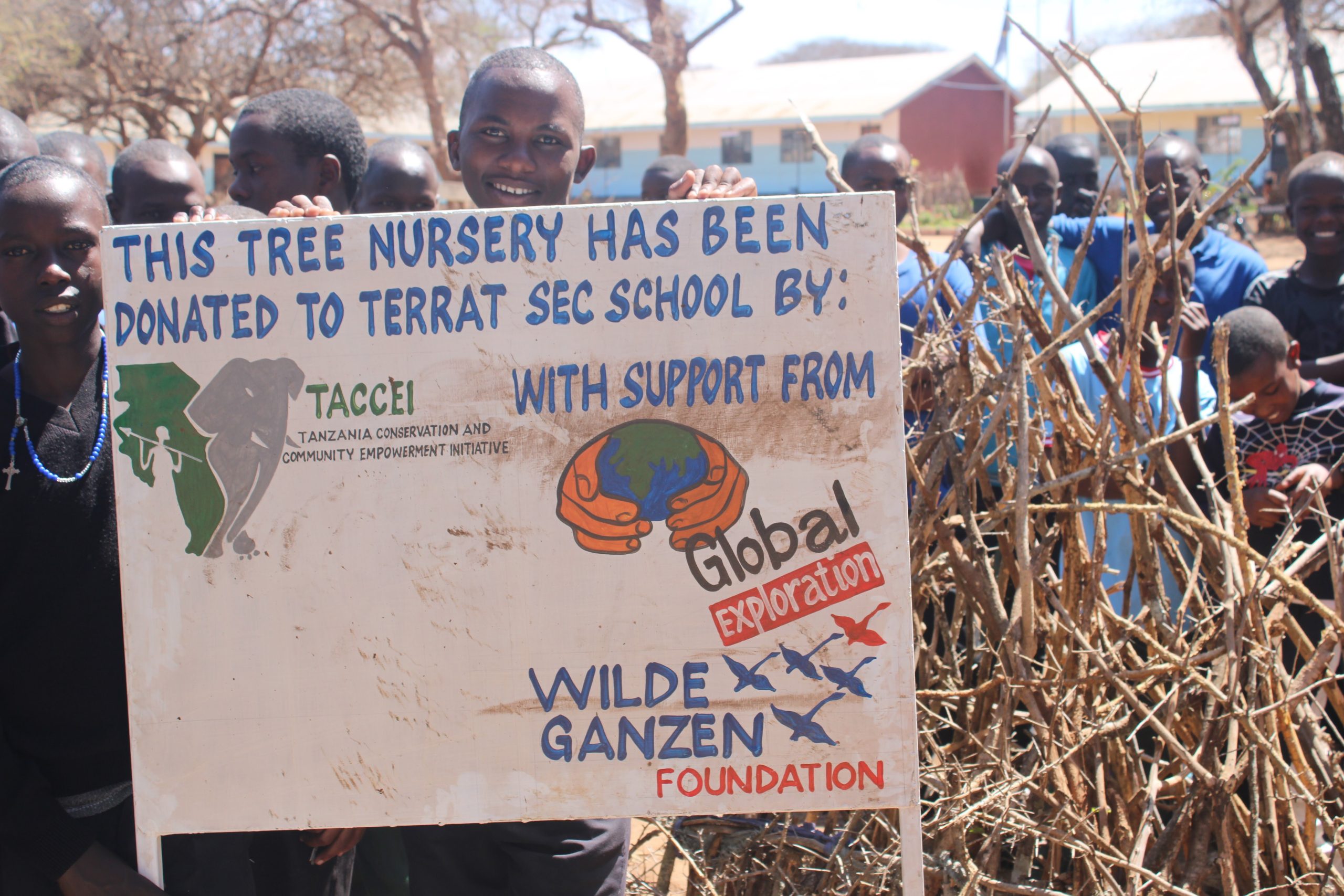
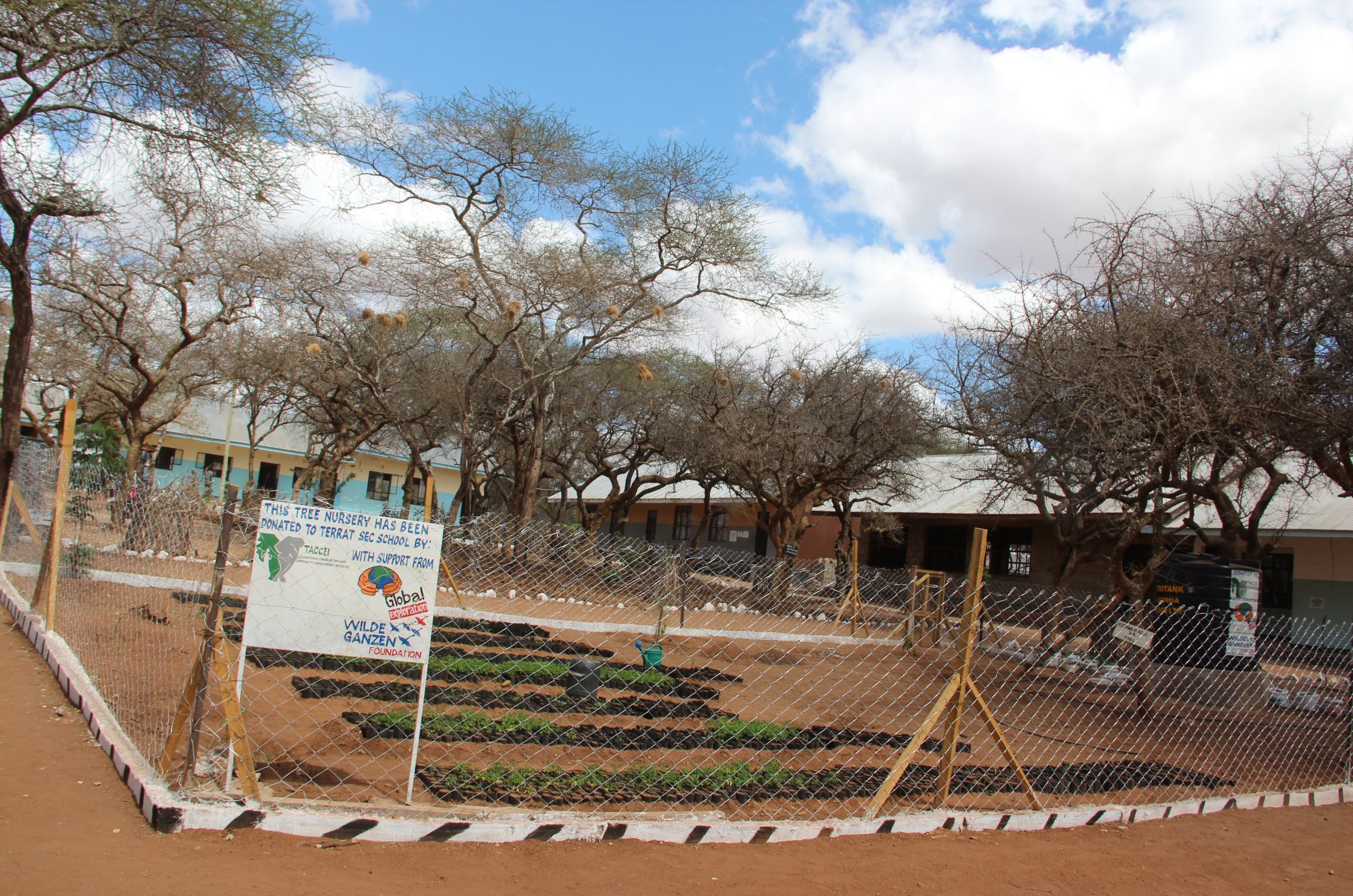
In September, we were honored to host Jan de Meij (FEMI’s country manager for Tanzania) alongside Kuya Nangai from FTK on an intensive two-day visit to the Maasai Women Empowerment and Climate Change Adaptation Project (MWECCAP).
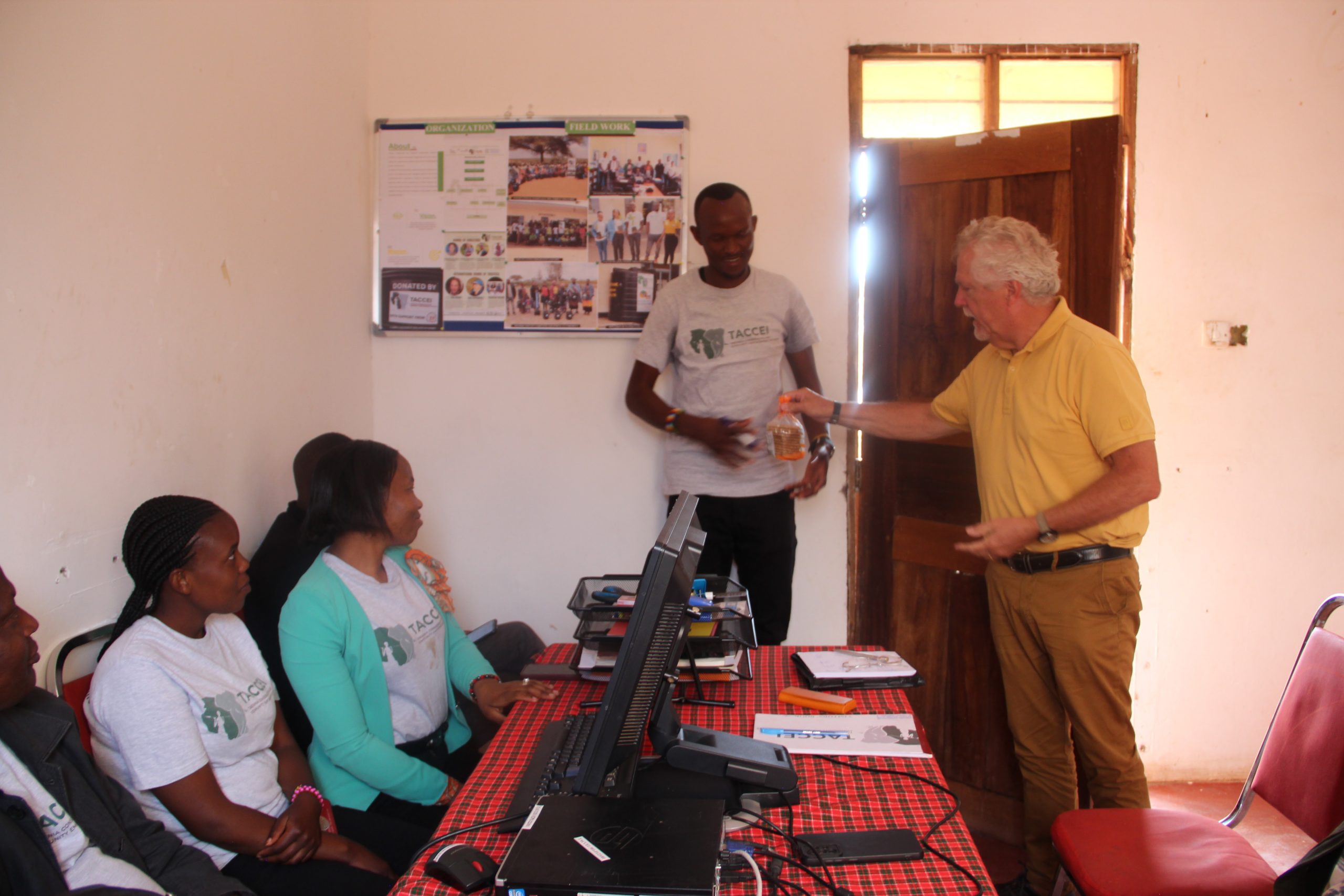
Jan meeting TACCEI staff in their office in Terrat – Simanjiro

On the second day, Jan and the team visited the three villages of Engonongoi, Loiborsoit and Emboreet with a total of eight gardens visited. In these two villages, the women are doing well in their gardens, generating income from selling vegetables and ensuring food security for their families.
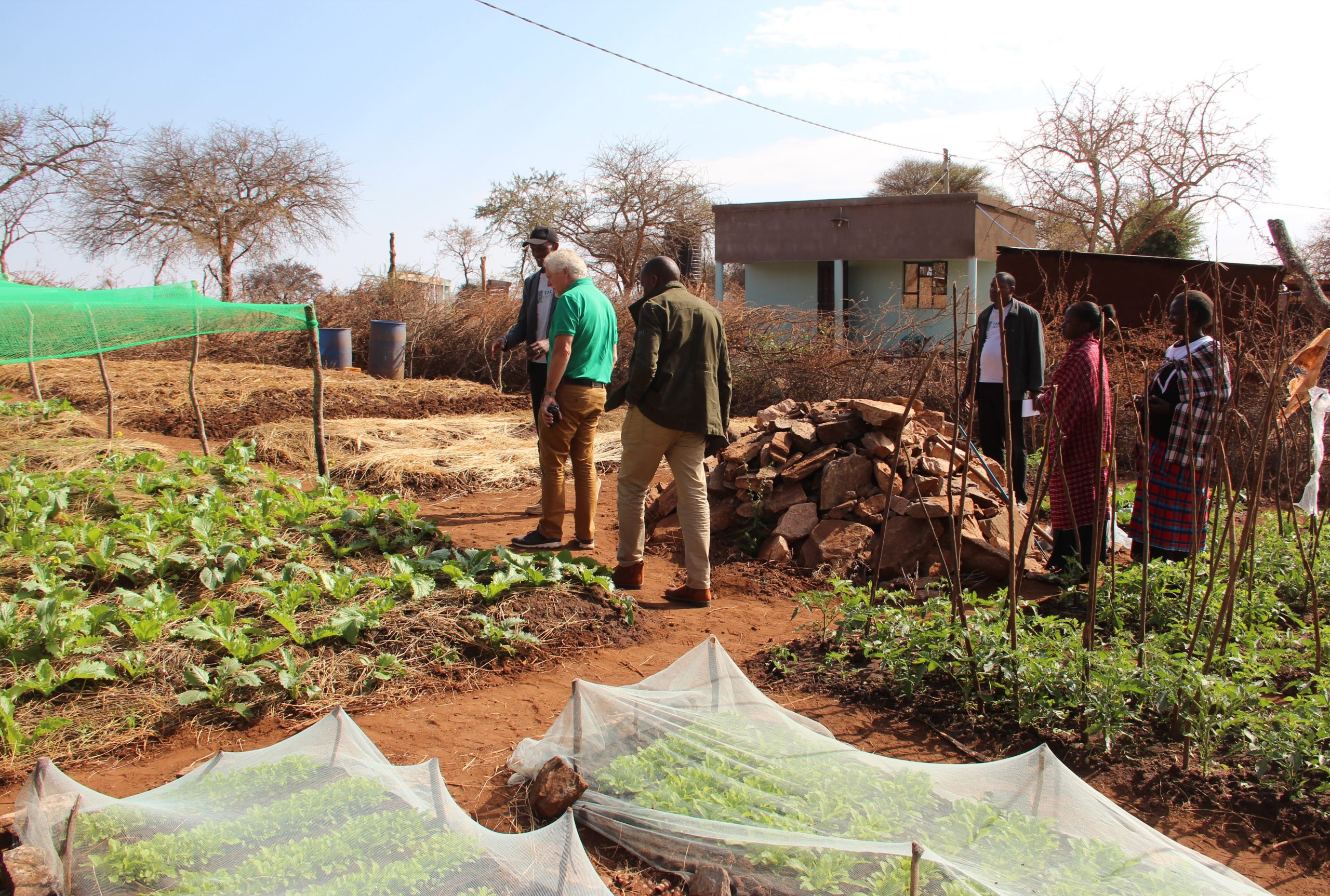
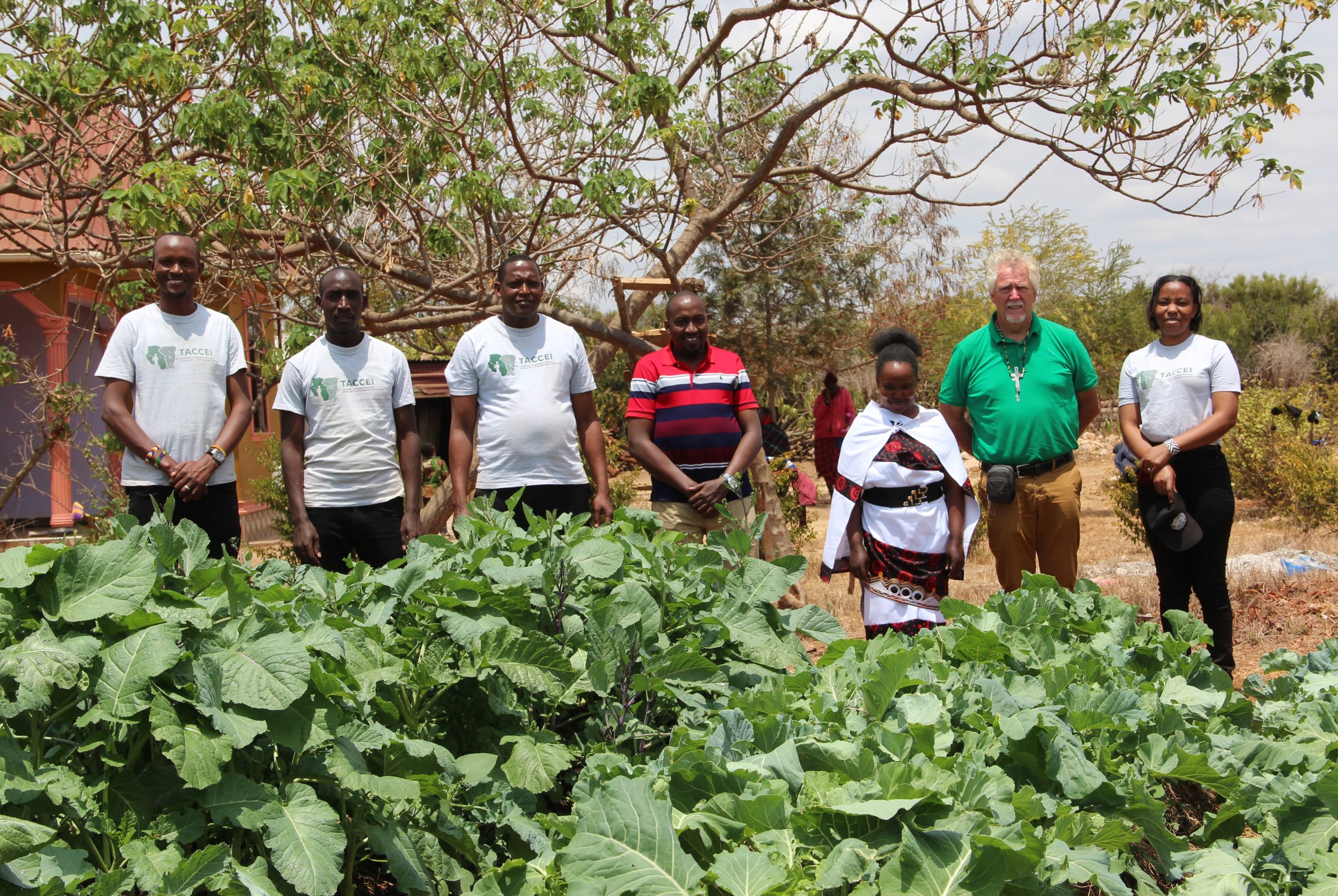
Furthermore, in the last day, Jan and the team visited one women entrepreneur group in the sub-village of Lolndeer. These groups are part of the MWECCAP project through which entrepreneurship skills and interest-free loans provided, These women expressed their gratitude to the project for the support.
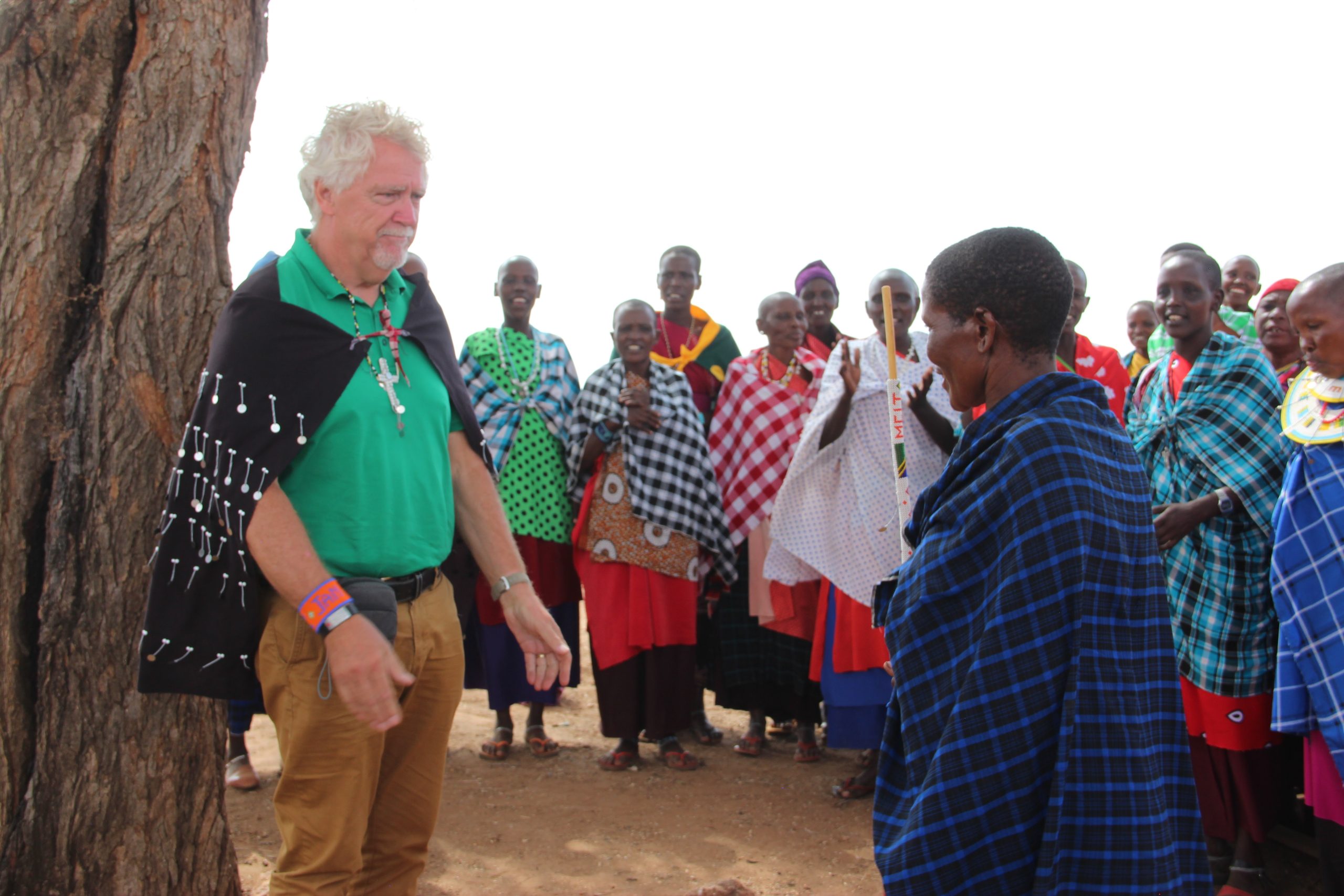
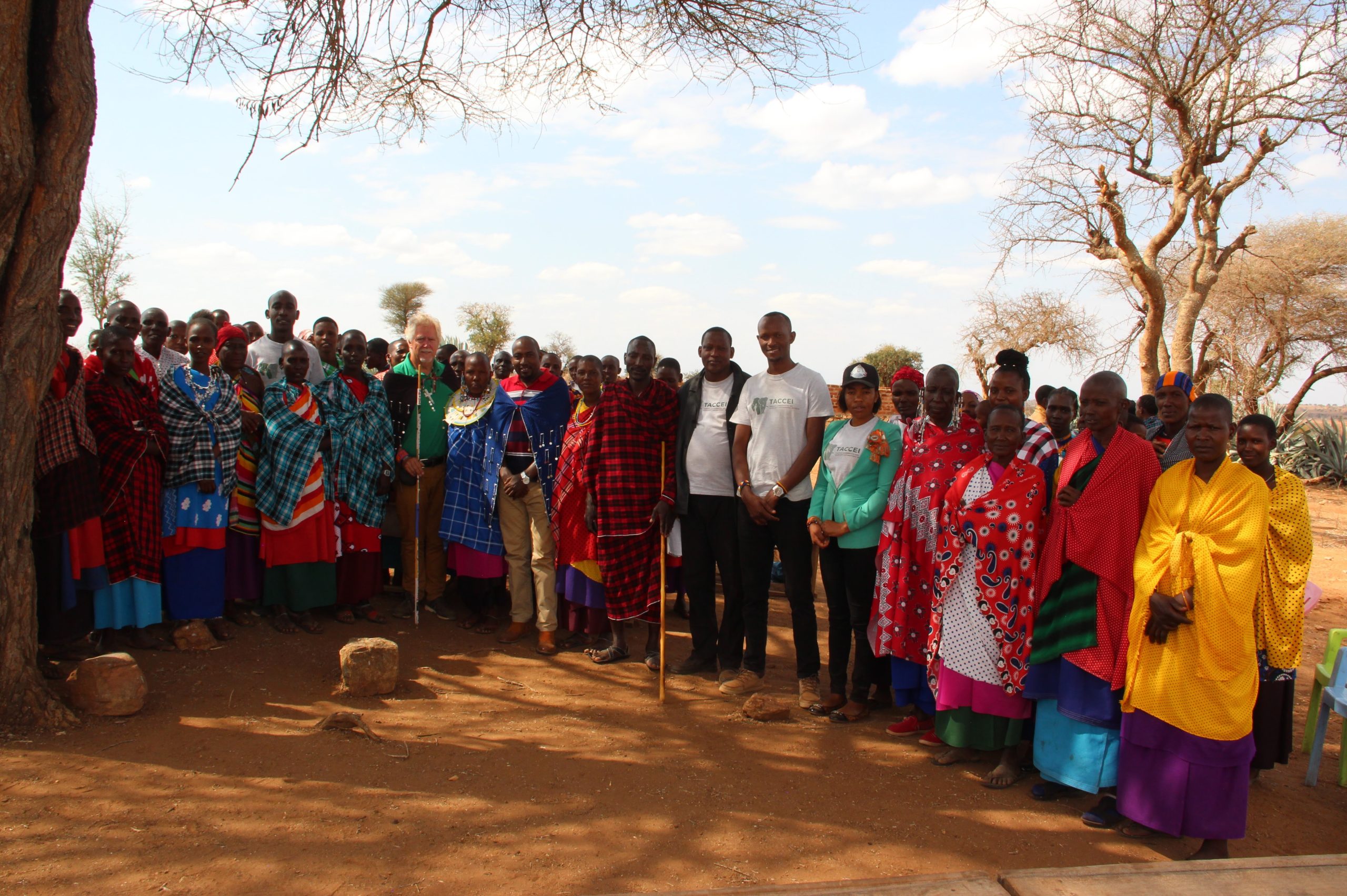
If you enjoyed reading this update, kindly forward it to a friend. You can subscribe to our newsletter by filling the form on our website.
THANK YOU – ASANTE SANA!
As always, we thank all our partners and sponsors for their generous and committed support.
